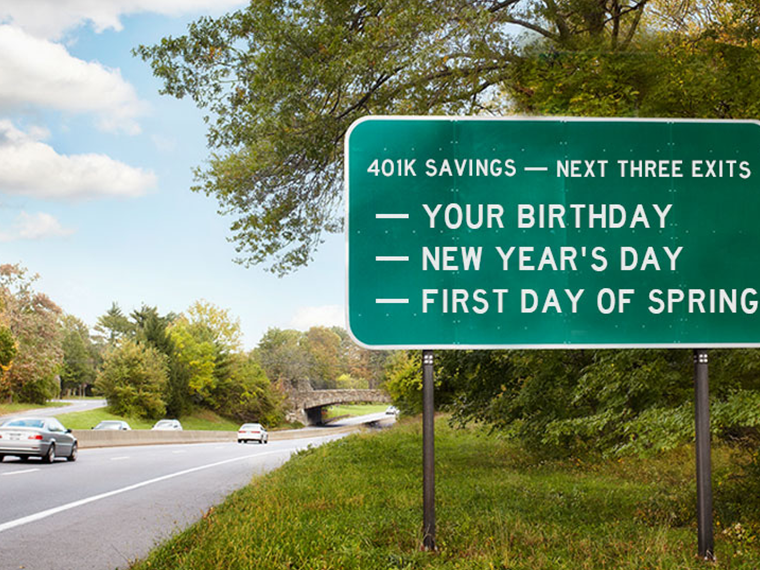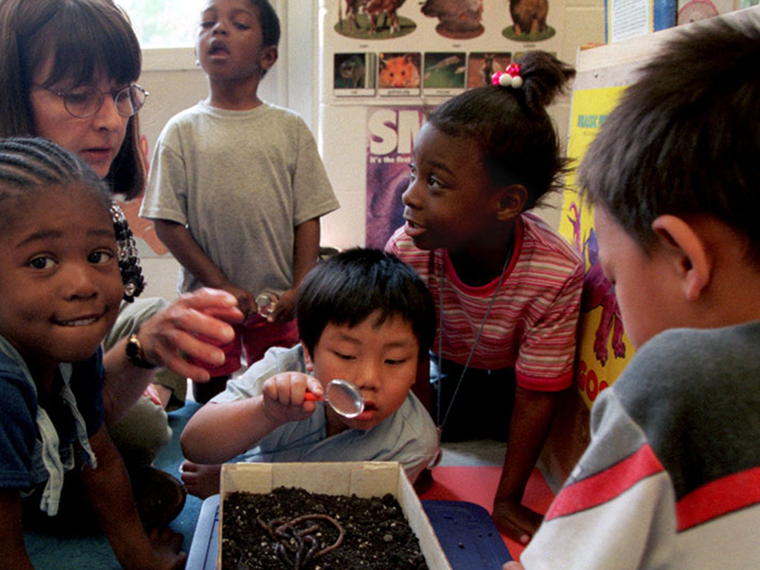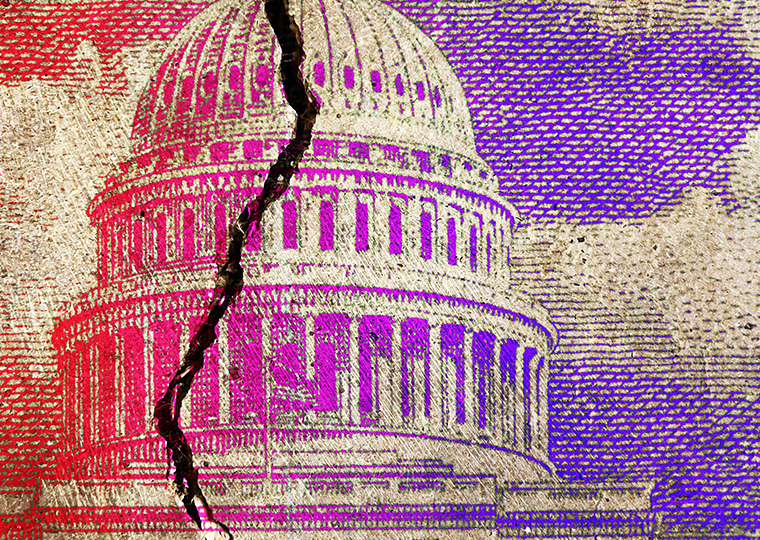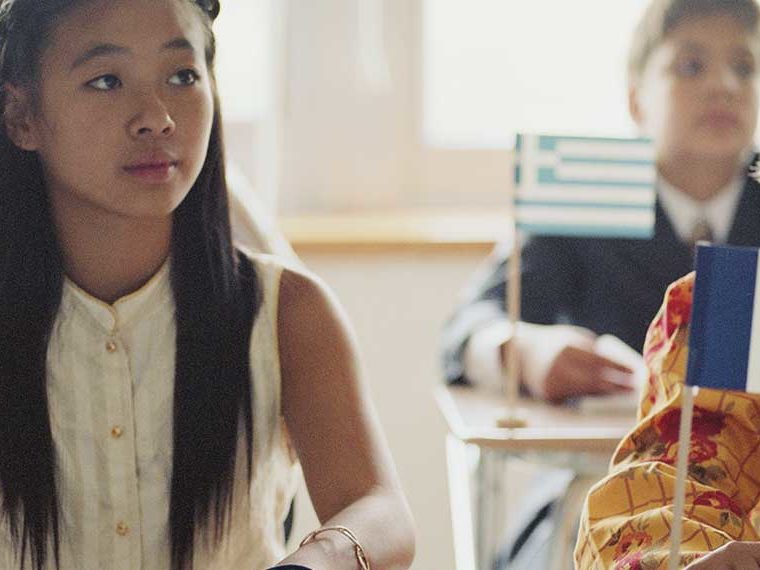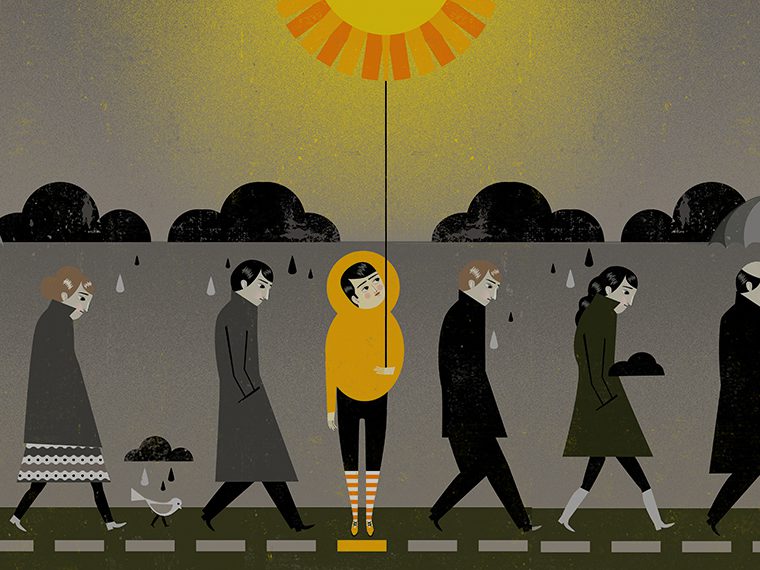Fatigue during a morning class dissuades some from rewarding majors
We all like to think we’re rational decision-makers. Where to have dinner? Perhaps that place we had a good meal at recently. Which new movie to see? That one starring the lead actor we like.
But our opinions are often based in part on the passing mood we were in when we formed the initial impression. Arriving hungry elevates a meh meal to a five-star rating. While a movie starring a favorite actor, watched while on a really bad date, might compel us to steer clear of that star’s next project.
Past research has laid out how an impermanent mood, or state of being, can shape lasting opinions, a psychological tic known as attribution bias.
A 1983 paper found that people asked to write about a happy experience were more likely to give their life satisfaction and happiness a higher score than study participants who were instructed to write about a sad experience before rating their level of satisfaction and happiness. The same pattern was found when people were interviewed on a sunny or a rainy day.
A 2011 study found that judges were far more likely to grant parole for convicted criminals whose cases they heard either first thing in the morning or just after lunch break, suggesting decisions are not made solely on legal merit.
Past State Impact on Future Decision-Making
UCLA Anderson’s Kareem Haggag and colleagues have been extending the study of attribution bias by focusing on the extent to which an impermanent state of mind during a past experience can play into an economic decision or choice we make in the future.
In an entirely fact-based world, the decision to book a return trip to Disney World would reflect memory of the fun derived from the rides and immersion in the whole vibe. Yet in a field experiment of actual visitors, Haggag, the University of Chicago’s Devin G. Pope and Disney Research’s Kinsey B. Bryant-Lees and Maarten W. Bos find that weather plays a role too.
People who report they visited during good weather are more likely to schedule a return, and recommend the happiest place on earth to others. “People misattribute the influence of a temporary state to a stable quality of the consumption good,” the researchers write.
While that’s interesting marketing intelligence (consider incentives for customers who may experience less than ideal conditions), in another paper, Haggag, the U.S. Military Academy’s Richard W. Patterson and Aaron Feudo, and the University of Maryland’s Nolan G. Pope find a more consequential impact of attribution bias.
Misattribution and Career Choice
In a study of more than 18,000 West Point students, fatigue during a given class — one scheduled very early in the morning, or after another class — reduces the likelihood of choosing to major in that field of study. That suggests the impermanent state of being tired during a required course one takes at 7:30 a.m., or right on the heels of a prior class, can play out over a decadeslong career, which has obvious life satisfaction and economic impact.
At West Point, all incoming students must complete a series of required courses. Moreover, the school, not the student, picks the schedule. Freshmen have no say on the order of their required course load or what time of day it is held. The first class of the day starts at 7:30 a.m.
Research from 2011 established that college students typically aren’t early morning people, be it from late-night studying or partying. Haggag, Patterson, Pope and Feudo zeroed in on the required courses freshmen took at 7:30 a.m and how that related to their eventual declaration of a major, which typically occurs in the first semester of sophomore year. They also looked at required classes that were scheduled right after other classes, for a snapshot of another form of class fatigue.
Their dataset was the course load and timing of courses for over 18,000 students between 2001 and 2017.
They estimate that students assigned to that early-morning slot are 10% less likely to major in a related field. They estimate that each additional course that a student had to attend before a given class reduces the probability of majoring in the field of the last class by about 12%.
The researchers acknowledge that attribution bias is just one potential mechanism through which fatigue could impact the choice of a major, but they also investigate alternatives. For example, a groggy student who did terribly in a course might avoid the major because they rationally anticipate doing poorly in subsequent classes in the same subject. However, the authors find that this sort of rational mechanism does a poor job of explaining certain patterns in the data (for example, even after accounting for grades in the course or in follow-on courses, the effects of fatigue on major choice persist).
The West Point study suggests educators might give more consideration to how class schedules can shape a student’s future. Removing early classes is one option. If that’s not practical, stuffing those classes with the best teachers might help counteract the problem. While institutions might not be able to shift all their courses outside the morning or back-to-back slots, they may wish to do so for key introductory courses while students are first forming their impressions of fields and college as a whole.
To the extent a student’s chosen major can impact the likelihood of completing a degree and encourage a specific career path, administrators should be motivated to reduce the role of misattribution in that decision process.
Featured Faculty
-
Kareem Haggag
Assistant Professor of Behavioral Decision Making
About the Research
Schwarz, N. and Clore, G. L. (1983), Mood, Misattribution, and Judgments of Well-Being: Informative and Directive Functions of Affective States. Journal of Personality and Social Psychology, 45(3), 513–523. https://doi.org/10.1037/0022-3514.45.3.513
Danziger, S., Levav, J., Avnaim-Pesso, L. (2011). Extraneous factors in judicial decisions. Proceedings of the National Academy of Sciences of the United States of America, 108 (17) 6889-6892; https://doi.org/10.1073/pnas.1018033108
Carrell, S.E., Maghakian, T., West, J.E. (2011). ‘A’s from Zzzz’s? The causal effect of school start time on the academic achievement of adolescents. American Economic Journal: Economic Policy, 3 (3), 62–81. doi: 10.1257/pol.3.3.62
Haggag, K., Pope, D.G., Bryant-Lees, K.B., Bos, M.W. (2018). Attribution Bias in Consumer Choice. Review of Economic Studies, 86(5), 1-47, 2136–2183. doi:10.1093/restud/rdy054
Haggag, K., Patterson, R.W., Pope, N.G., Feudo, A. (2021). Attribution Bias in Major Decisions: Evidence from the United States Military Academy. Journal of Public Economics, 200, 104445. doi: 10.1016/j.jpubeco.2021.104445
